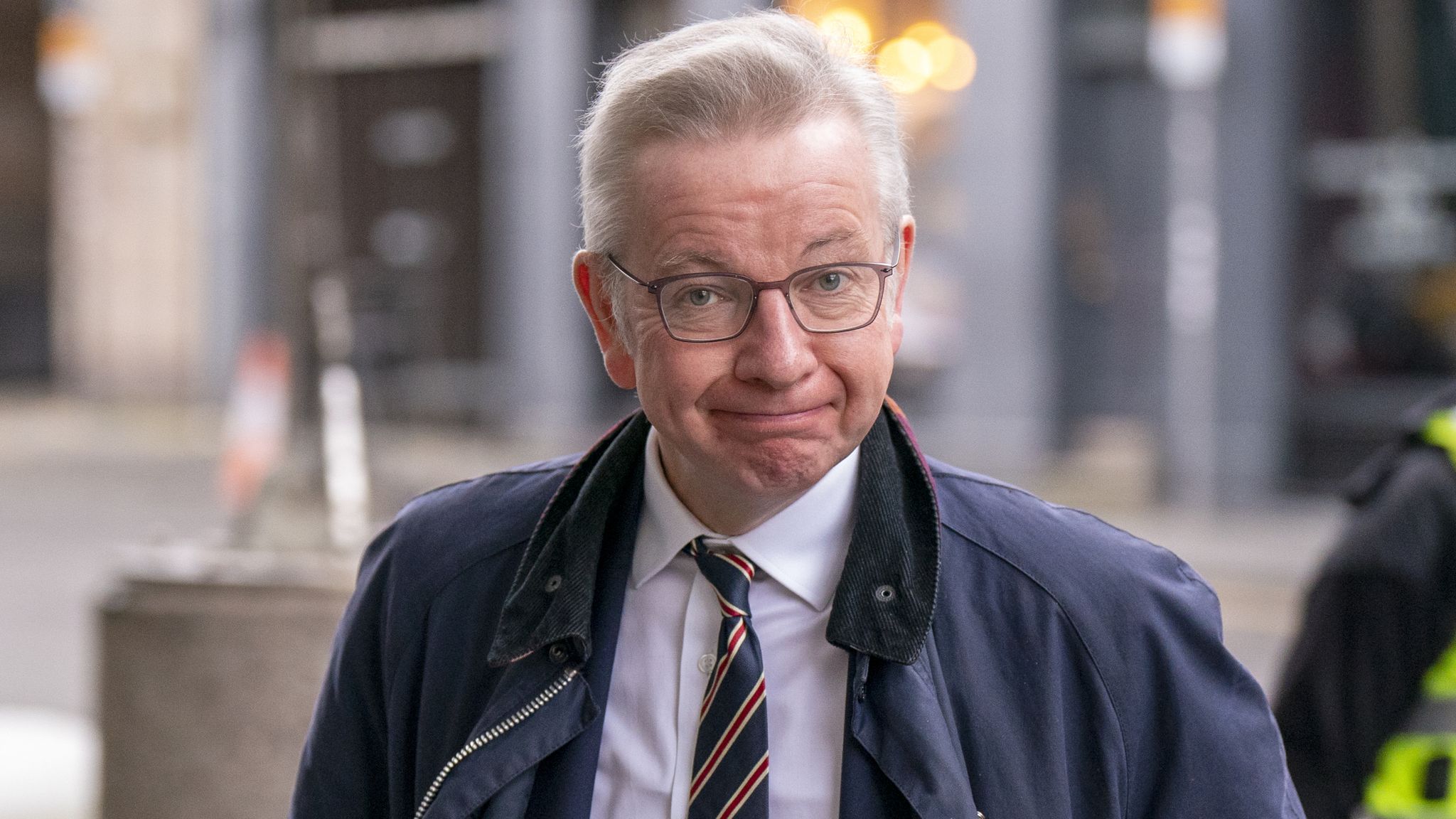Michael Gove Set to Redefine Extremism Amid Government Concerns
Michael Gove, a prominent figure in Rishi Sunak’s government, is preparing to introduce a new definition of extremism, sparking concerns within government circles. The proposed redefinition aims to broaden the scope of organizations classified as “extremist” and impose stricter limitations on their activities. The forthcoming policy announcement, scheduled for Thursday pending cross-government approval, signifies a significant shift in the government’s approach to tackling extremism.
The current definition of extremism, in use for nine years, characterizes extremism as “vocal or active opposition to British values.” However, the updated definition, according to insider sources, will focus on organizations promoting ideologies rooted in hatred, intolerance, violence, or those undermining democratic rights and freedoms. While the precise wording of the new definition remains unpublished, government sources confirm its intention to address a broader spectrum of extremist activities.
Despite the intended objectives of the new definition, concerns have been raised among other ministers regarding its potential implications. Some ministers caution that the scope of the definition is ambiguous, raising uncertainties about its application to various groups. There are apprehensions that organizations advocating for causes such as trans rights, gender critical perspectives, or opposition to the House of Lords could inadvertently fall under the definition of extremism.
In response to concerns, Michael Gove is expected to assert that the new definition explicitly targets anti-democratic ideologies, ensuring that organizations advocating for legitimate causes remain unaffected. However, skepticism persists within government circles, with suggestions that the redefinition may serve as a platform for political maneuvering, potentially leading to attempts to discredit opposition parties, particularly the Labour Party.
While the policy aims to classify certain organizations as “extremist” and impose restrictions on their engagement with government entities, it is essential to note that the guidance remains non-statutory. Consequently, the policy does not grant law enforcement agencies specific powers to address extremist activities, distinguishing it from the proscription process employed to ban terror-promoting organizations.
Further developments in government policies regarding extremism, including potential measures to address behaviors during protests, are anticipated in subsequent announcements. The evolving landscape of extremism definitions underscores the complex challenges faced by governments in balancing security concerns with safeguarding fundamental rights and freedoms.








